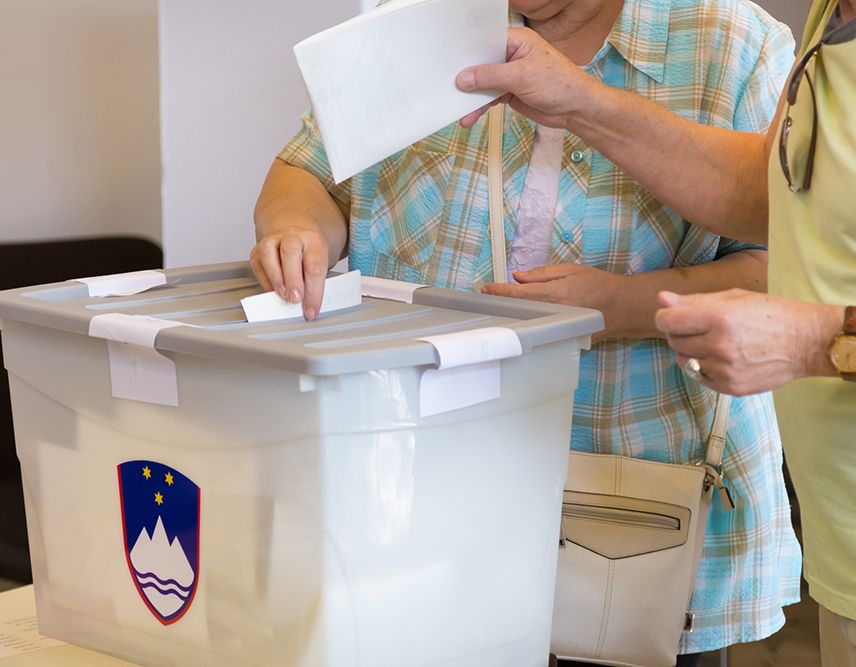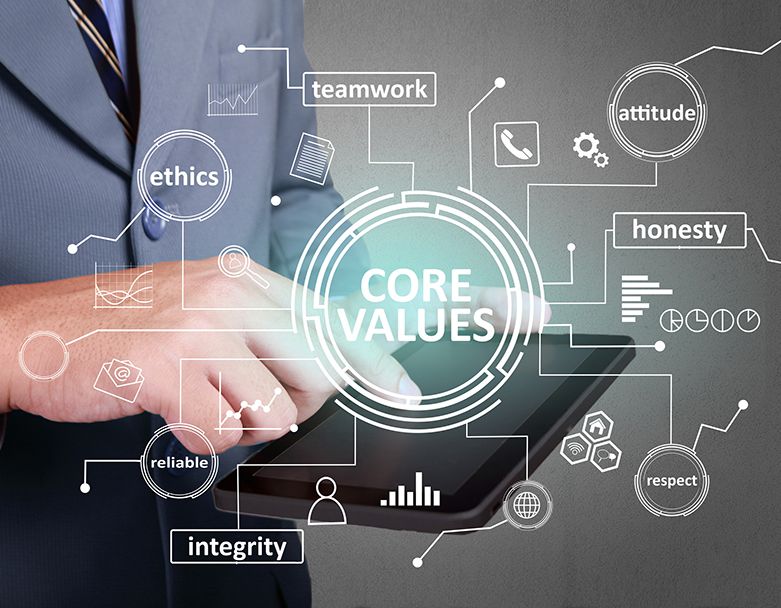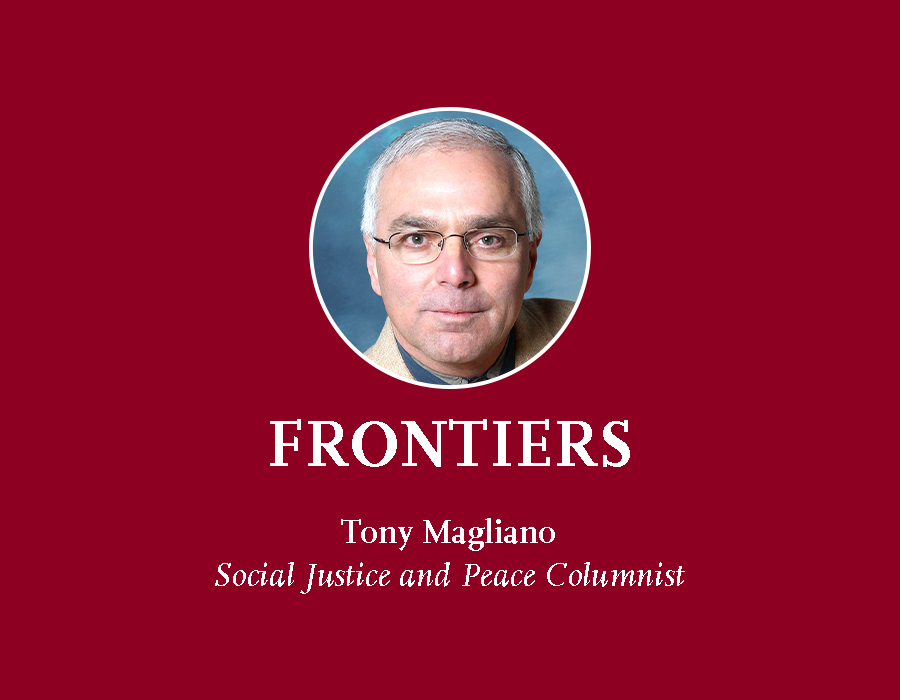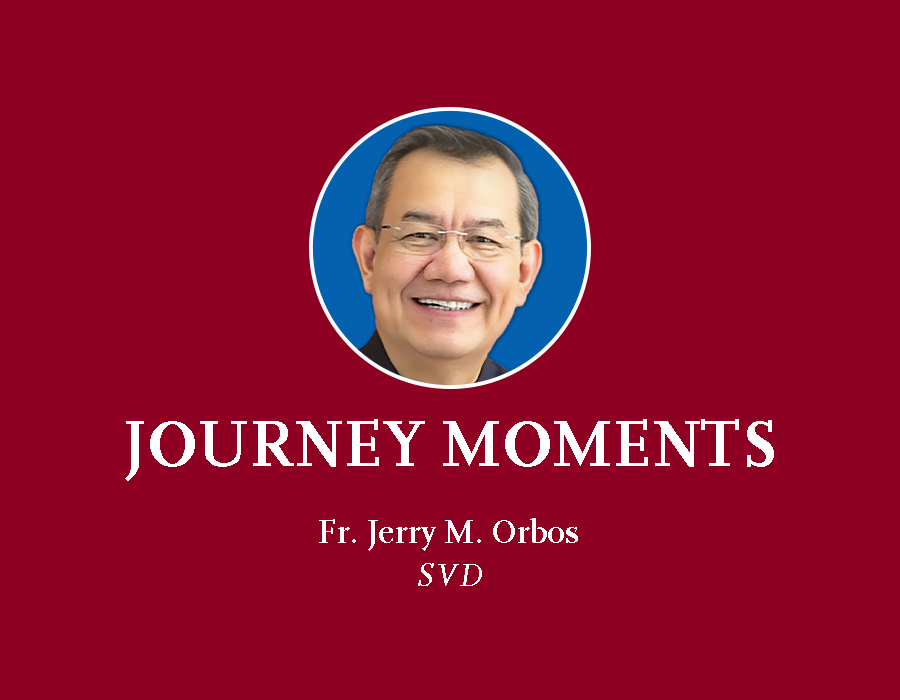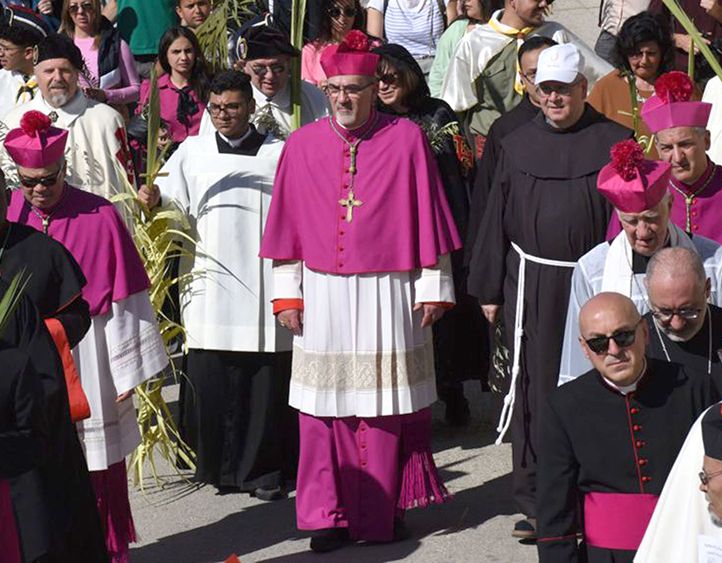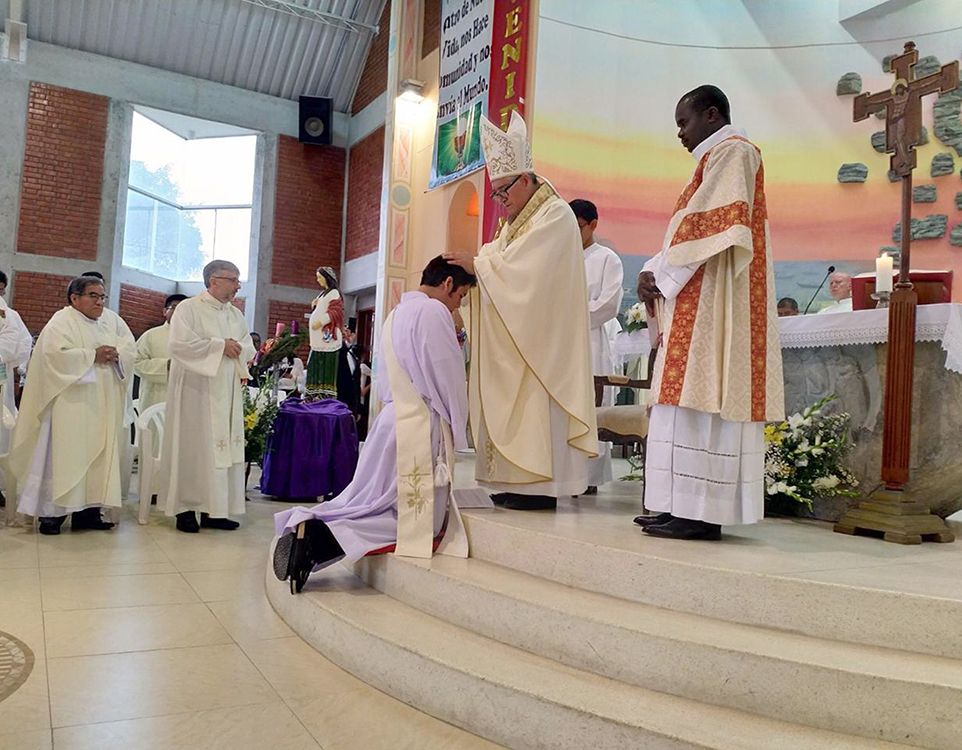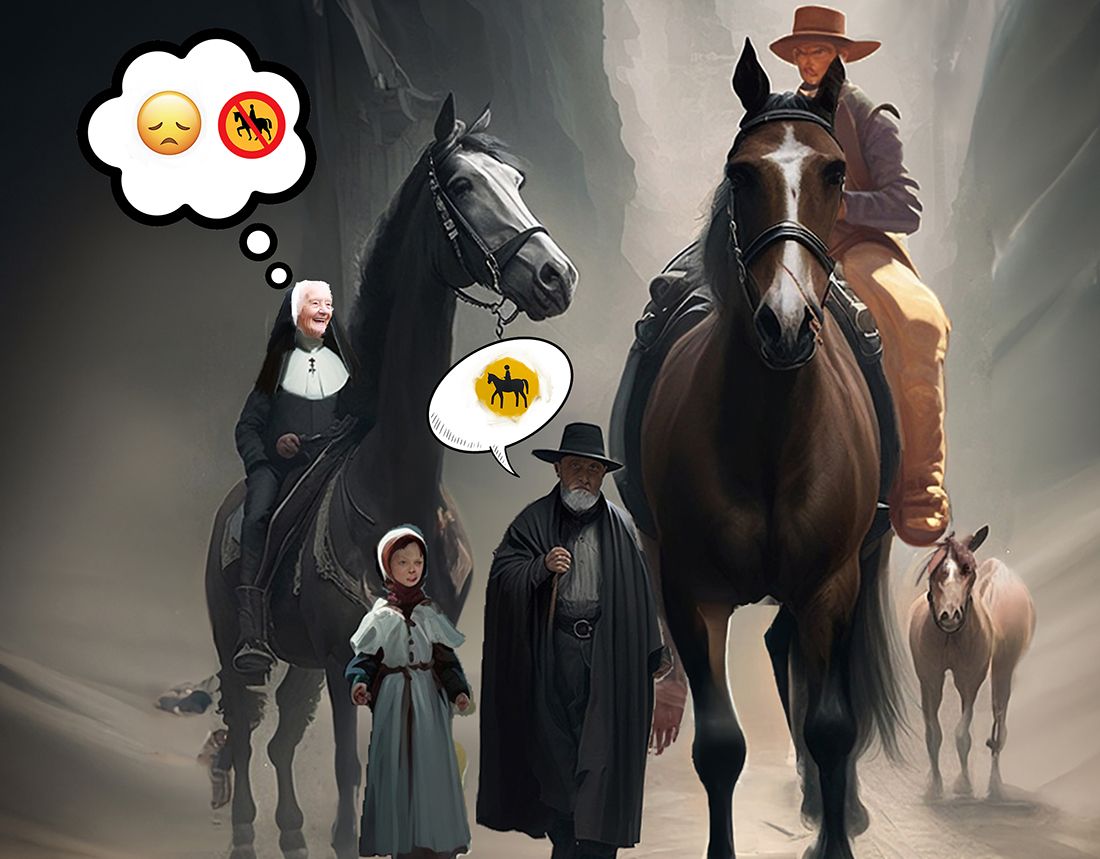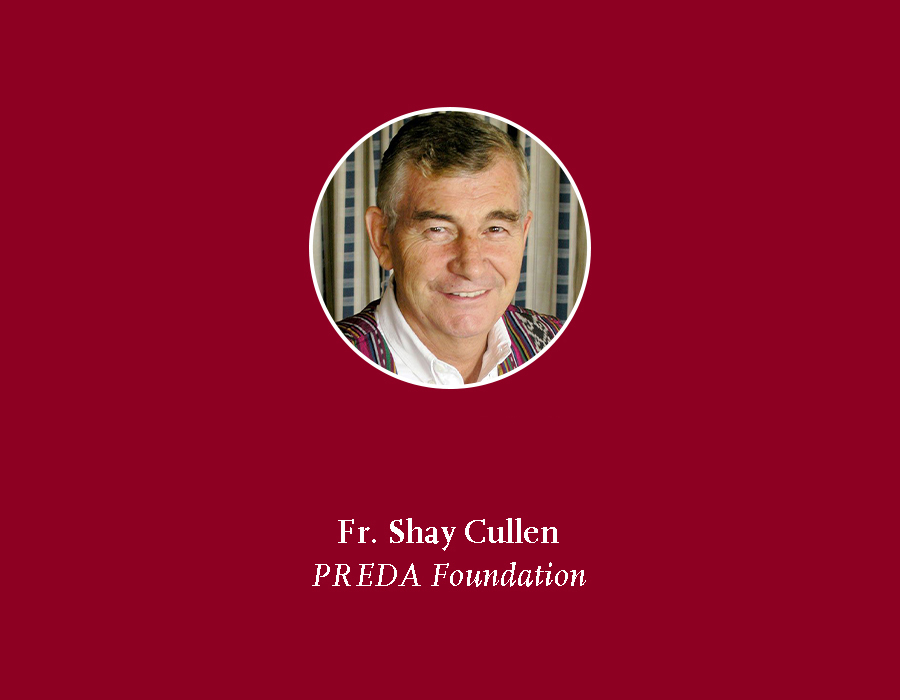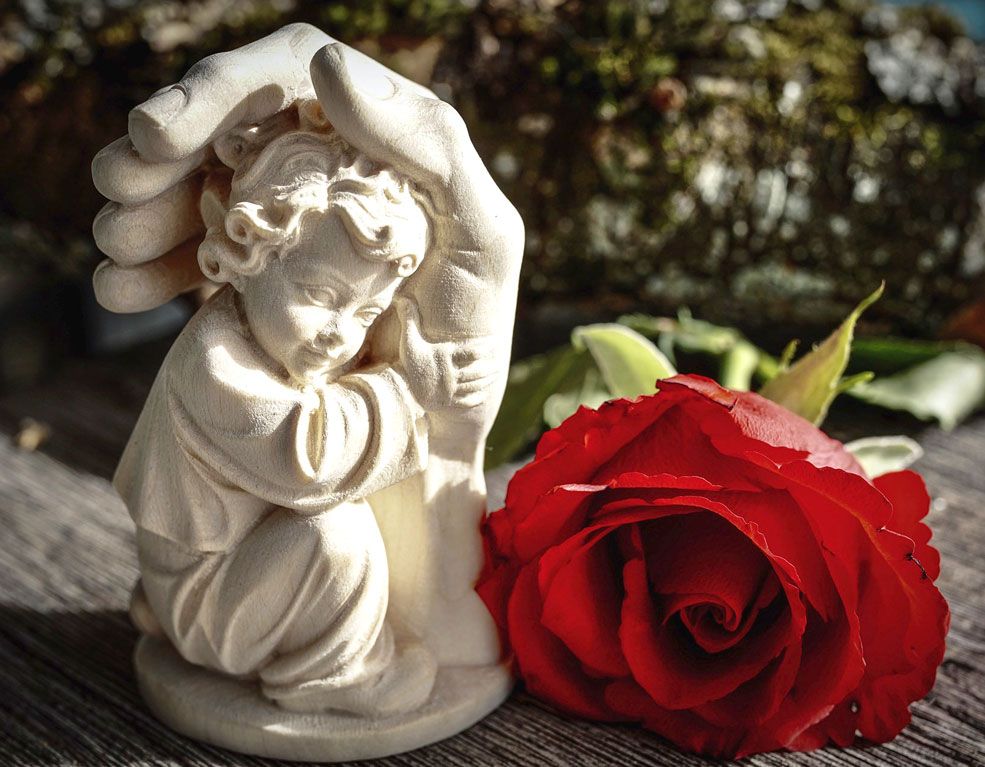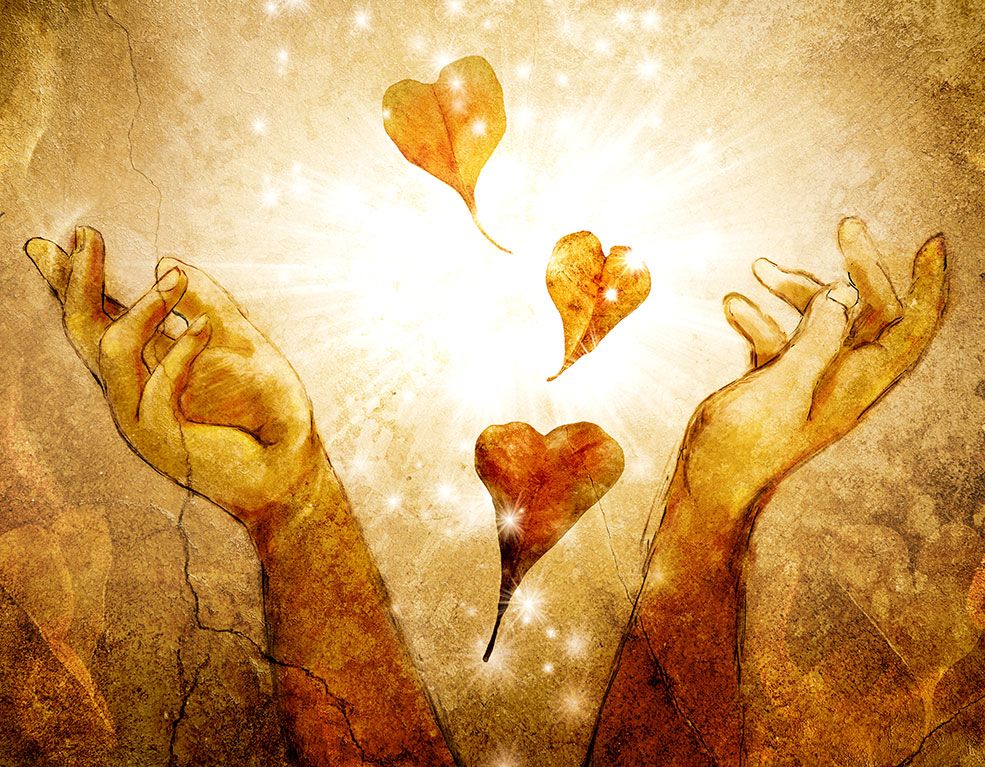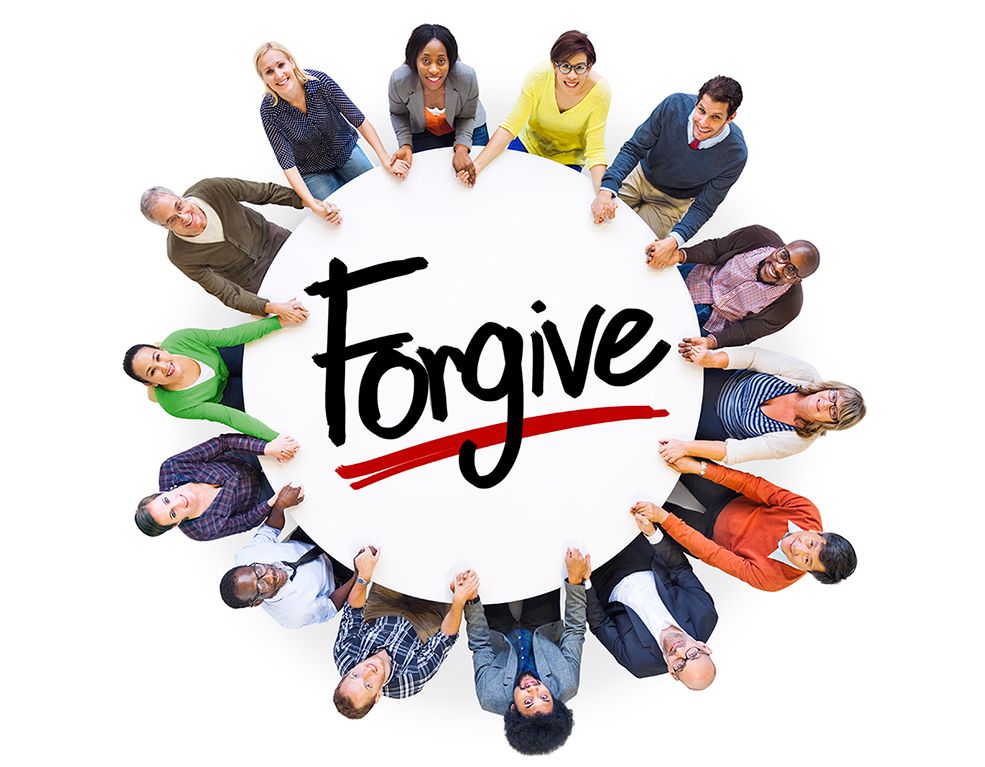Early proponents of democracy were idealists who were struggling against a rigid monarchic order, whether they were the formulators of the Magna Carta or the Declaration of Independence in America. The first generation of leaders in nations that pioneered democracy were of intellectual caliber and inspirers of high moral standards. They set in motion certain healthy democratic traditions. While the ruling party decided issues, opposition parties were free to evaluate their policies, criticize, make suggestions, and help introduce radical changes to any proposed law. They had a decisive say in the allotment of funds and the manner of tapping rich natural resources like mining. Those were the days when intelligent thinking led to wise decisions for national benefit.
ERA OF RABBLE-ROUSERS
But of late, as Plato feared, there are too many instances of democratic leadership slipping into the hands of self-interested power-seekers. They use money, ethnic influence, or partisan pressure to win votes. Their skills consist not in developing and discussing plans and policies for the benefit of the larger society, but in the misuse of political institutions for personal advantage. In this way, with personal or group interests dominating the scene, ideological differences between parties have nearly disappeared. The quality of public debate has fallen. The caliber of leadership has sunk. Rabble-rousers, boasters, and xenophobic hate-mongers against migrants or minorities win the day. Amoral economic performers and partisan bullies who push the dominant community’s interests ahead make their way to the pinnacle of power.
One reason for such failure is that societies unused to democratic institutions often fail to make them function in an effective manner. Thus, governance failure plagues many countries in the Third World, perpetuating gross inequality. Situations are further vitiated by unfairness across racial or ethnic lines and social disorder. Even in older democratic countries like the US or UK, representative assemblies have become so polarized along lines of interest-groups that normal parliamentary processes have become extremely difficult. Checks and balances have more often been used to block progressive action than to defend civil rights.
MAJOR DISAPPOINTMENTS
Citizens, therefore, are increasingly disillusioned with democratic processes. In fact, only a small proportion of the younger generation believe that democracy is important. Quite a good proportion hold that army rule is useful. What they are looking for is a ruler who in their view seems honest, attends to their interests, and abolishes all institutional roadblocks on the way. At the theoretical level, they accept electoral democracy but are evidently illiberal, prejudiced against racial minorities, immigrants, or people of other religions. They sponsor hate speeches on social media. Thus, liberalism and democracy face opposition in a variety of situations. Unfortunately, for some, liberal democracy means supporting abortion, euthanasia, same sex marriage, and a host of other controversial things; consequently, religious believers often withdraw.
Francis Fukuyama of Stanford University says, voters are angry at their inability to influence policies. In their helplessness, they opt for a maverick leader. Thus, dictators keep emerging. Countries like Russia, Venezuela, Iran, the Philippines, and Turkey manipulate elections, close down independent press, and control opposition activities. Everything is discussed in terms of ‘us’ and ‘them’, friends and foes. The ideologues who formulate their vision along these lines are blind to the real needs of people, the anxieties of the younger generations, threats to the natural environment, and fears of marginalized communities.
What is being discussed today are not ideas, but sectarian concerns. Polarization is not along ideological lines, but along lines of interest-groups, like trade unions, agribusinesses, drug companies, those mining natural resources, weapons manufacturing; or ethnic, racial, religious lines. Therefore, populist anger is on the rise worldwide. Polarization descends to hate words, use of rough language and crude expressions. Rising inequality makes people feel convinced that the elite groups are controlling affairs for their own interests. Today any GDP rise merely means how much wealth has gone to the elite
GOOD GOVERNANCE FOR EVERYONE
Perceptive persons plead, “Listen to the voice of reason. Listen to intellectuals, conscientious individuals, sincere believers”. In the present context, making democratic institutions function itself has become a mission: e.g. to convince the Executive to allow free functioning of the Legislative, accept the decisions and counsels of the Judiciary, and to persuade all the democratic institutions to pay respectful attention to the opinion of the general public. All have to move away from destructive criticism to constructive opinion-sharing, so as to stimulate thought and encourage self-correction. Good governance ensures a future for everyone. Here is where we seem to be failing.
Amidst a general atmosphere of pessimism today, it is our mission, as Pope Francis says, to spread the “contagion of hope”, to work for the development of all and attend to the weakest. The weaker sections will ultimately prove to be the saviors of humankind. “The stone which the builders rejected has become the corner-stone” (Ps 118:22). That sort of mutual dependence is in God’s inscrutable plan. It is for us to read His design in the processes of history.

